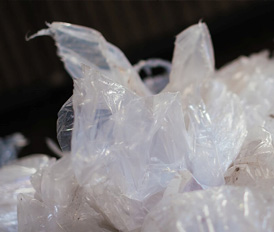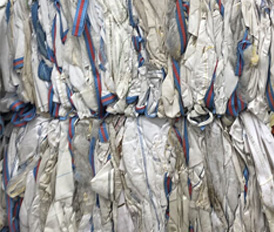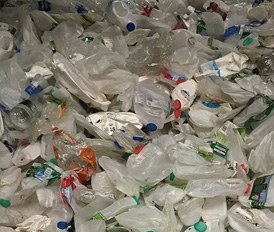A Romanian Energy Crisis and What it Means for Recycling
by George Kiernan
Pakire Polymers News
Romanian Energy Crisis
The current energy dilemma in Romania, marked by an unstable domestic supply and a heavy reliance on imports, paints a gloomy picture of the future for many sectors in the country’s economy. One industry significantly at risk is the recycling sector, for whom the repercussions of the energy situation are numerous.
The Cost of Powering Recycling
Even small recycling facilities have extensive machinery setups, requiring large amounts of power to operate. With the uncertainty surrounding Romania’s energy supply, recyclers face potential blackouts, irregular supply, and, most worryingly, inflated prices.
The costs associated with these challenges can quickly stack up. If recyclers can’t reliably power their facilities due to intermittent energy supply or exorbitant prices, it places a massive strain on operations. Such a scenario leads to increased costs of production, making the recycling process economically unviable.
The Supply Chain Disruption
Another vital aspect of the recycling industry is the procurement of recyclable materials. This is usually achieved through suppliers who produce or collect and provide recyclable waste streams. With increased electricity costs, recyclers might struggle to offer competitive prices for these materials. If they cannot pay suppliers adequately, it severs them from the essential feedstock required to run their businesses. In essence, without materials, there’s no recycling, no matter how advanced or efficient the facilities might be.
Pushing Consumers Away
Escalating production costs due to increases in energy rates would mean recyclers are forced to increase the prices of their recycled end products. For businesses looking to procure recycled materials, these heightened costs might prove prohibitive.
Consequently, the appeal of recycled products diminishes. When recycled materials are far more expensive than their virgin counterparts, manufacturers, especially those operating on thin margins, will naturally gravitate towards the cheaper, virgin materials. This shift not only hurts the recyclers’ bottom line but also negates the environmental benefits recycling offers.
The Ripple Effect on the Romanian Economy
The challenges don’t stop at the gates of recycling facilities. If the energy crisis forces recyclers to halt or reduce operations, it could lead to job losses, affecting families and local economies. Furthermore, as manufacturers opt for virgin materials due to the high cost of recycled ones, it will boost the demand for environmentally harmful raw material extraction, negating Romania’s efforts towards a greener and more circular economy.
Additionally, if recycling becomes less competitive in Romania, it might push more waste into landfills. This not only leads to environmental degradation but also the loss of revenue to businesses from selling recycled materials.
Urgent Need for Action
The energy situation in Romania doesn’t just concern keeping the lights on in peoples’ homes; it has profound implications for sectors that are foundational to the economy. The recycling industry, crucial for both economic growth and environmental protection, stands on the brink.
For businesses like Pakire Polymers, the energy crisis isn’t just about fluctuating bills; it’s about the very viability of our operations. As the energy conversation continues, it’s vital to factor in industries like recycling, understanding the broader implications of energy choices on both the economy and the environment. Ensuring a safe, steady, supply of power for the Romanian economy and the Romanian people must be a top priority for the Romanian government.
Share article on your social media
More related articles
Pakire Polymers News
Stay Tuned
Work with Us
If you have a passion for recycling and for achieving a sustainable future, then we want to hear from you.





